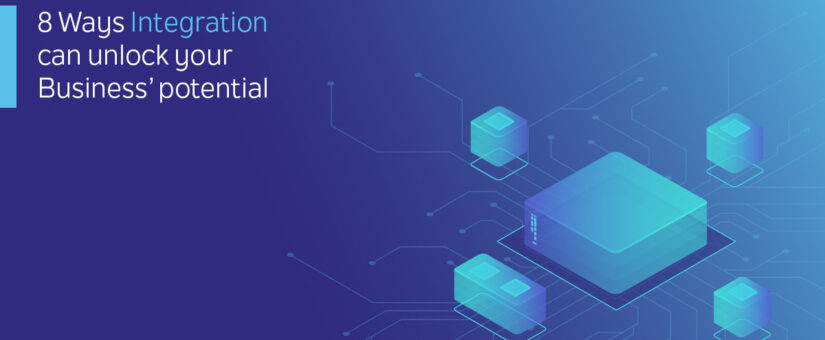
8 ways Integration Modernization can unlock your business’s potential
- Posted by Adham Jan
- On August 27, 2023
Integration modernization can play a crucial role in unlocking a business’s potential by enabling more efficient and effective operations, fostering innovation, improving customer experiences, and driving growth. Here are some ways integration modernization can help unleash a business’s potential:
1- Streamlined Processes:
Integration modernization involves optimizing and connecting various systems, applications, and data sources within a business. By streamlining these processes and eliminating manual, time-consuming tasks, businesses can improve operational efficiency, reduce errors, and free up resources to focus on more value-added activities.
2- Enhanced Data Accessibility:
Modernizing integration allows businesses to consolidate and integrate data from disparate sources, such as customer databases, sales systems, marketing platforms, and supply chain systems. This enables a comprehensive view of the business’s operations, empowering data-driven decision-making and facilitating faster and more accurate insights.
3- Agile and Scalable Architecture:
Integration modernization often involves adopting modern integration platforms and architectures, such as cloud-based solutions or microservices. These technologies provide agility and scalability, allowing businesses to quickly adapt to changing market conditions, onboard new applications or partners, and scale their operations as needed.
4- Improved Customer Experiences:
Integration modernization enables businesses to deliver seamless and personalized experiences to their customers. By integrating customer data across multiple touchpoints, such as websites, mobile apps, and customer support systems, businesses can gain a holistic view of their customers and provide relevant, timely, and consistent interactions.
5- Innovation and Collaboration:
Modern integration technologies facilitate the integration of new and emerging technologies, such as artificial intelligence (AI), machine learning (ML), Internet of Things (IoT), and blockchain. By integrating these technologies with existing systems and processes, businesses can unlock new opportunities for innovation, automation, and collaboration, leading to the development of new products, services, and business models.
6- Ecosystem Integration:
Integration modernization enables businesses to seamlessly connect with external partners, suppliers, and marketplaces. By integrating with third-party systems and leveraging APIs (Application Programming Interfaces), businesses can expand their reach, tap into new markets, and create value through ecosystem collaborations.
7- Speed to Market:
Modern integration approaches, such as agile development methodologies and DevOps practices, allow businesses to accelerate the delivery of new features, products, and services. By breaking down silos and enabling faster, more efficient collaboration between development, operations, and business teams, businesses can reduce time-to-market and gain a competitive edge.
8- Cost Optimization:
Integration modernization can help reduce IT complexity, eliminate redundant systems, and optimize resource utilization. By rationalizing and consolidating integration points, businesses can achieve cost savings, improve resource allocation, and allocate more budget to strategic initiatives.
In summary, integration modernization empowers businesses to leverage their existing assets, data, and systems, while embracing new technologies and approaches. By unlocking the potential of integration, businesses can drive operational efficiency, innovation, customer satisfaction, and sustainable growth in today’s digital landscape.



